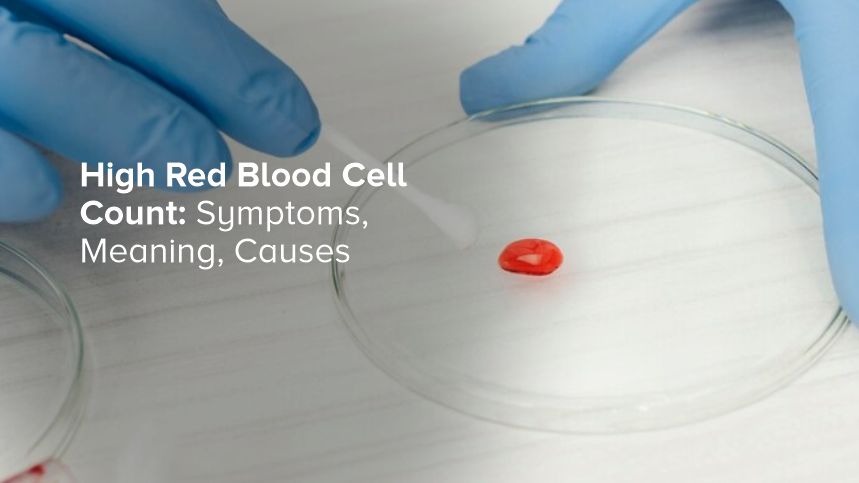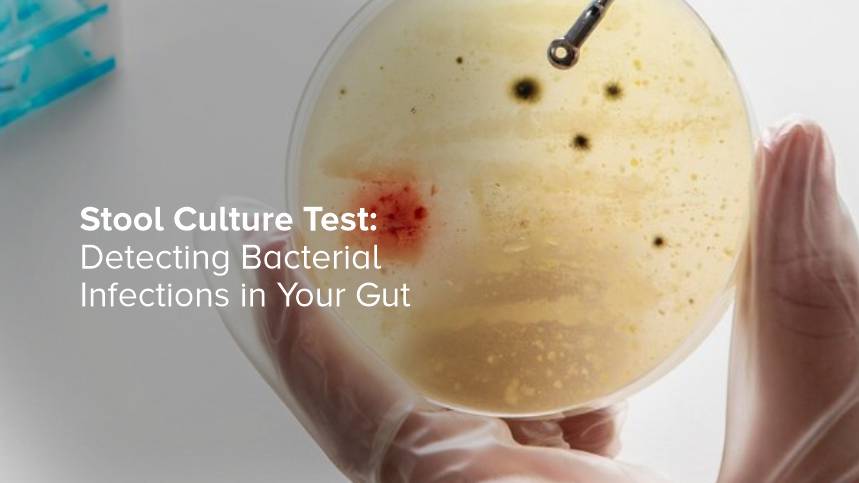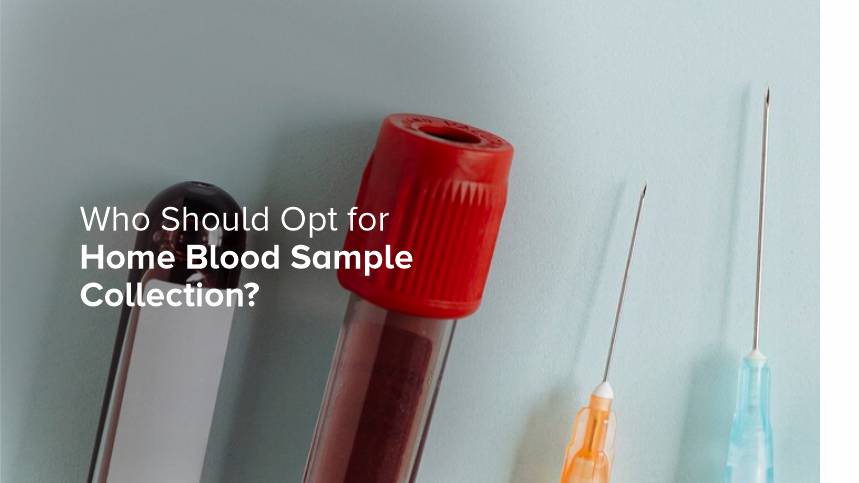


Condition
- Others
- Blood Disorders
- Top tests
- Others
- Others
- Others
- Fever
- Fever
- Blood Disorders
- Blood Disorders
- Preventive Health Checkup
- Preventive Health Checkup
- Profile
- Kidney Disease
- Kidney Disease
- Diabetes
- Diabetes
- Heart Disease & Hypertension
- Preventive Health Checkup
- Lifestyle Packages
- Thyroid Disorder
- Diabetes
- Diabetes
- Diabetes
- Diabetes
- Diabetes
- Diabetes
- Diabetes
- Top tests
- Allergy
- Top tests
- Top tests
- Top tests
- Top tests
- Diabetes
- Top tests
- Diabetes
- Top tests
- Top tests
- Top tests
- Liver Disease
- Diabetes
- Top tests
- Vitamin Deficiency
- Top tests
- Top tests
- Liver Disease
- Top tests
- Top tests
- Top tests
- Anemia
- Anemia
- Anemia
- Diabetes
- Diabetes
- Anemia
- Top tests
- Top tests
- Top tests
- Preventive Health Checkup
- Thyroid Disorder
- Heart Disease & Hypertension
- Top tests
- Preventive Health Checkup
- Diabetes
- Heart Disease & Hypertension
- Top tests
- Fever
- Allergy
- Liver Disease
- Lifestyle Packages
- Heart Disease & Hypertension
- Top tests
- Arthritis
- Top tests
- Top tests
- Heart Disease & Hypertension
- Kidney Disease
- Preventive Health Checkup
- Allergy
- Top tests
- Lifestyle Packages
- Top tests
- Kidney Disease
- Top tests
- Lifestyle Packages
- Top tests
- Preventive Health Checkup
- Preventive Health Checkup
- Top tests
- Top tests
- Vitamin Deficiency
- Allergy
- Diabetes
- Top tests
- Top tests
- Top tests
- Top tests
- Heart Disease & Hypertension
- Allergy
- Top tests
- Preventive Health Checkup
- Top tests
- Top tests
- Infertility
- Top tests
- Lifestyle Packages
- Allergy
- Diabetes
- Heart Disease & Hypertension
- Lifestyle Packages
- Preventive Health Checkup
- Preventive Health Checkup
- Top tests
- Preventive Health Checkup
- Top tests
- Diabetes
- Top tests
- Infertility
- Top tests
- Thyroid Disorder
- Top tests
- Allergy
- Preventive Health Checkup
- Vitamin Deficiency
- Top tests
- Top tests
- Infertility
- Lifestyle Packages
- Diabetes
- Liver Disease
- Kidney Disease
- Vitamin Deficiency
- Top tests
- Heart Disease & Hypertension
- Heart Disease & Hypertension
- Top tests
- Heart Disease & Hypertension
- Heart Disease & Hypertension
- Heart Disease & Hypertension
- Infertility
- Heart Disease & Hypertension
- Vitamin Deficiency
- Vitamin Deficiency
- Arthritis
- Arthritis
- Top tests
- Top tests
- Lifestyle Packages
- Preventive Health Checkup
- Lifestyle Packages
- Preventive Health Checkup
- Vitamin Deficiency
- Top tests
- Lifestyle Packages
- Lifestyle Packages
- Preventive Health Checkup
- Top tests
- Preventive Health Checkup
- Top tests
- Heart Disease & Hypertension
- Infertility
- Top tests
- Top tests
- Preventive Health Checkup
- Lifestyle Packages
- Top tests
- PCOD
- Preventive Health Checkup
- Lifestyle Packages
- Preventive Health Checkup
- Top tests
- Fever
- PCOD
- Kidney Disease
- Top tests
- Top tests
- Preventive Health Checkup
- Preventive Health Checkup
- Liver Disease
- Thyroid Disorder
- Top tests
- Heart Disease & Hypertension
- PCOD
- Top tests
- Arthritis
- Preventive Health Checkup
- Kidney Disease
- Lifestyle Packages
- Top tests
- Allergy
- Top tests
- Top tests
- Diabetes
- Thyroid Disorder
- Preventive Health Checkup
- Top tests
- Lifestyle Packages
- Preventive Health Checkup
- Top tests
- Kidney Disease
- Liver Disease
- Infertility
- Top tests
- Anemia
- Top tests
- Top tests
- Top tests
- Preventive Health Checkup
- Bone Health
- Cancer
- Fatty Liver

Tests
Blood is the lifeline of our bodies, carrying oxygen and nutrients to cells while removing waste products. One of the key components of blood is red blood cells (RBCs), which are crucial for oxygen transport. However, what happens when you have a high red blood cell count? Let's dive into this condition, its symptoms, meaning, and potential causes.
What is a High Red Blood Cell Count?
A high red blood cell count, medically termed erythrocytosis or polycythemia, occurs when the number of red blood cells in your bloodstream is higher than normal. RBCs are produced in the bone marrow and released into the bloodstream. They contain hemoglobin, a protein that binds oxygen and delivers it to various tissues throughout the body.
Normal RBC counts can vary based on age, sex, and altitude but generally fall within the following ranges:
- Men: 4.7 to 6.1 million cells per microliter (mcL) of blood
- Women: 4.2 to 5.4 million cells per mcL
- Children: 4.1 to 5.5 million cells per mcL
When RBC counts exceed these ranges, it could indicate an underlying health issue that warrants further investigation.
Symptoms of High Red Blood Cell Count
A high red blood cell count doesn't always produce noticeable symptoms, especially in the early stages. However, as the condition progresses, you might experience:
- Fatigue and Weakness: Despite having more RBCs, their overproduction can make your blood thicker, impairing oxygen delivery and causing fatigue.
- Headaches: Increased RBCs can lead to elevated blood pressure, resulting in frequent headaches.
- Dizziness or Lightheadedness: Thickened blood and poor oxygen delivery can cause dizziness or lightheadedness.
- Blurred Vision: Thick blood can reduce the flow of oxygen to the eyes, causing vision problems.
- Itching: Some people with high RBCs report itching, particularly after a warm shower.
- Joint Pain: Elevated red blood cell counts can cause gout, leading to joint pain.
These symptoms can overlap with other medical conditions, making accurate diagnosis crucial.
What Does a High Red Blood Cell Count Mean?
Having a high red blood cell count indicates there’s an increased amount of RBCs circulating in your blood. This condition can be primary or secondary:
- Primary Polycythemia (Polycythemia Vera): This rare disorder is caused by a genetic mutation leading to increased RBC production. It’s often identified through blood tests and bone marrow biopsies.
- Secondary Polycythemia: More commonly, high RBC counts result from external factors or underlying conditions that stimulate RBC production. This can include:
- Chronic Hypoxia: Conditions like chronic obstructive pulmonary disease (COPD), sleep apnea, or living at a high altitude can decrease oxygen levels, prompting the body to produce more RBCs.
- Erythropoietin (EPO) Overproduction: Some tumors can secrete EPO, a hormone that stimulates RBC production.
- Dehydration: Severe dehydration can concentrate your blood, artificially raising RBC counts.
- Smoking: Cigarette smoke reduces blood oxygen, leading to compensatory RBC production.
- Performance-enhancing Drugs: Athletes sometimes use EPO or blood doping to boost RBC counts for better performance.
Causes of High Red Blood Cell Count
Understanding the root causes is essential for effectively managing and treating high red blood cell counts. Here’s a closer look at the primary and secondary causes:
Primary Causes
- Polycythemia Vera: A rare bone marrow disorder where the marrow produces too many RBCs. This is usually due to a mutation in the JAK2 gene and requires medical intervention.
Secondary Causes
- Chronic Lung Diseases: Conditions such as COPD, pulmonary fibrosis, and sleep apnea cause low oxygen levels, triggering the production of extra RBCs.
- Heart Diseases: Congenital heart diseases or heart failure can lead to reduced oxygen levels in the blood, prompting increased RBC production.
- Kidney Diseases: Certain kidney diseases can cause an overproduction of erythropoietin (EPO), leading to elevated RBC counts.
- High Altitude: Living or spending significant time at high altitudes can lead to increased RBCs as the body adapts to lower oxygen levels.
- Tumors: Certain cancers, especially kidney and liver cancers, can secrete erythropoietin, stimulating RBC production.
- Smoking: Carbon monoxide from smoking binds to hemoglobin, reducing oxygen delivery and stimulating RBC production as compensation.
Diagnosis and Treatment
If you exhibit symptoms or have risk factors for high red blood cell count, your doctor will likely order a complete blood count (CBC) test. If elevated RBCs are confirmed, additional tests may be conducted to identify the underlying cause, including:
- Bone Marrow Biopsy: To check for abnormal cell growth.
- Erythropoietin Levels: To determine if there's an overproduction of EPO.
- Oxygen Saturation Tests: To evaluate how well your lungs are oxygenating your blood.
Treatment Options
Treatment depends on the underlying cause and severity of the condition:
- Phlebotomy: This procedure involves drawing blood to reduce overall RBC levels, similar to donating blood.
- Medications: Depending on the cause, medications such as hydroxyurea can help reduce RBC production.
- Lifestyle Changes: Quitting smoking, staying hydrated, and managing chronic diseases can help maintain normal RBC levels.
- Addressing Underlying Conditions: Treating the root cause, whether it's a lung disease, heart condition, or tumor, is crucial for managing elevated RBC counts.
Preventive Measures and Lifestyle Changes
While some causes of high red blood cell count are beyond your control, certain lifestyle changes can help manage or reduce the risk:
- Stay Hydrated: Dehydration can concentrate your blood, so drink plenty of water.
- Quit Smoking: Reducing or eliminating smoking can improve oxygen levels in your blood.
- Manage Chronic Conditions: Properly managing chronic illnesses like COPD or sleep apnea can help maintain normal RBC levels.
- Avoid Performance-enhancing Drugs: These can artificially increase RBC counts and pose serious health risks.
- Regular Check-ups: Routine medical exams can help detect and manage high RBC counts before they become problematic.
Conclusion
A high red blood cell count can be a sign of various underlying health conditions, some serious and others more benign. Early detection and proper management are key to preventing complications. If you experience symptoms or have risk factors associated with high RBC counts, consult your healthcare provider for appropriate testing and treatment.
By staying informed and proactive, you can better understand and manage your health, ensuring your body's oxygen transport system functions efficiently. Keep in mind that while this blog provides valuable insights, it's essential to seek personalized medical advice from healthcare professionals.
Remember, knowledge is power—stay informed and take charge of your health today!
WANT TO BOOK HEALTH CHECKUP ?
Categories
Others
4
Blood Disorders
3
Top tests
69
Fever
4
Preventive Health Checkup
26
Profile
1
Kidney Disease
8
Diabetes
20
Heart Disease & Hypertension
15
Lifestyle Packages
15
Thyroid Disorder
5
Allergy
8
Liver Disease
6
Vitamin Deficiency
7
Anemia
5
Arthritis
4
Infertility
6
PCOD
3
Bone Health
1
Cancer
1
Fatty Liver
1
Recent Blogs
Stool Culture Test: Detecting Bacterial Infections in Your Gut
Our digestive system is home to a vast community of microorganisms—most of which are...
29-04-2025
Who Should Opt for Home Blood Sample Collection?
Convenience has become a priority in every aspect of life, including healthcare. One of...
29-04-2025
Online Lab Tests vs. Traditional Lab Tests: Which One Should You choose?
In today’s digital-first world, almost everything is available at your fingertips—from...
29-04-2025







